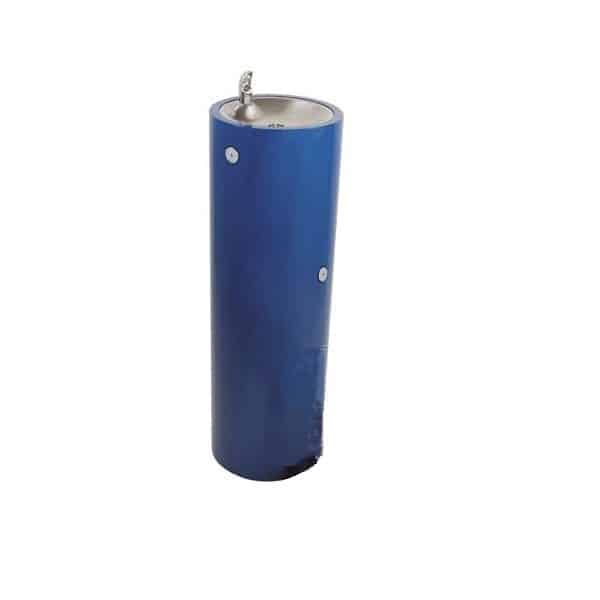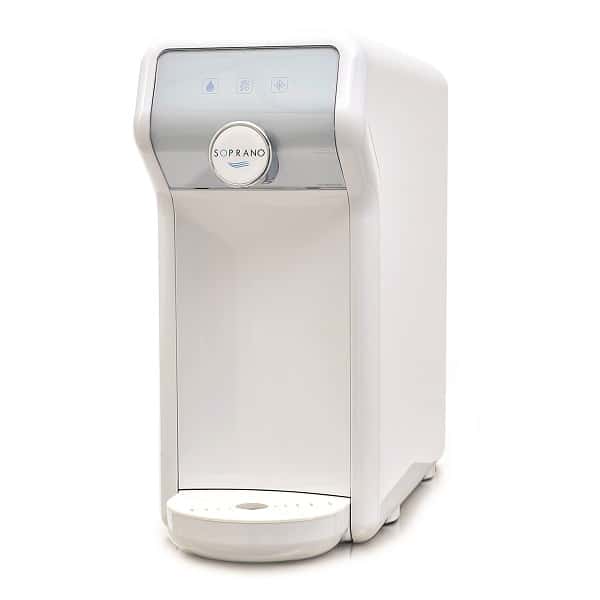Academy
Spa brands
In this section you will find a range of practical information related to our solutions. In the articles, we share our experience, discuss implementation steps and highlight good practices. It is a reliable source of information and advice on the provision of drinking water in public spaces, the legal regulations in this area, the benefits of installing drinking water dispensers and the technological aspects in this field.
We look forward to reading!
Drinking water dispensers as an alternative to the bail system - saving, convenience and ecology
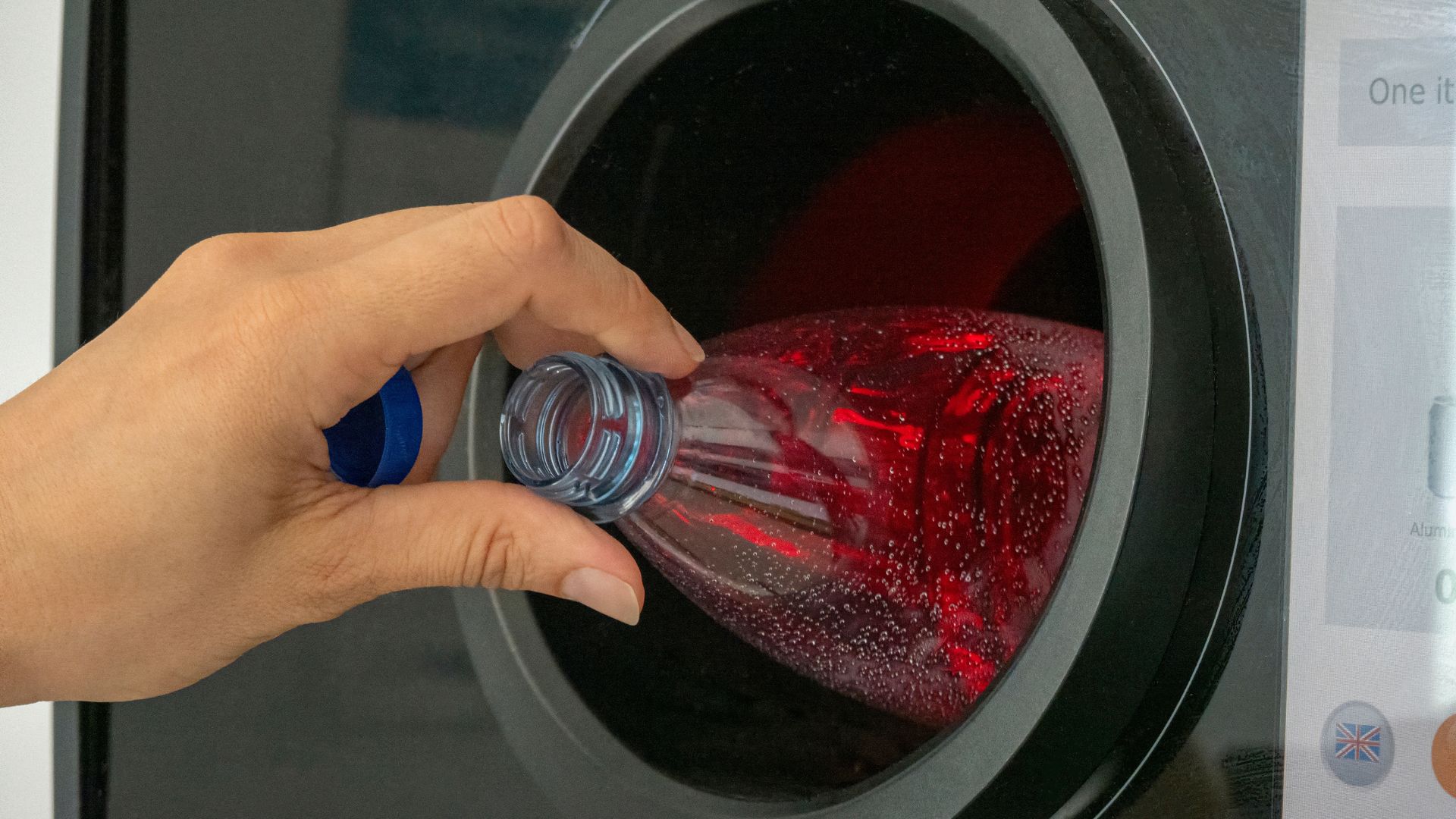
From 2025, a deposit system will come into effect in Poland, which aims to increase the recycling of plastic, glass and metal packaging. While the idea seems like a step towards protecting the environment, in practice it may come with many challenges. An alternative solution that is gaining popularity is the installation of networked drinking water dispensers and the use of reusable bidons. This solution not only eliminates the need to buy bottled water, but also has a number of environmental and household benefits.
What is the bail system?
The deposit system involves the introduction of a deposit, which will be added to the price of drinks sold in packaging such as plastic bottles, reusable glass bottles and cans. The consumer, after emptying the packaging, will be able to return it to special collection points, recovering the deposit paid.
The aim is to increase the amount of packaging recycled and reduce the amount of waste going to landfill. However, the system brings challenges such as:
- Logistics: The need for an extensive network of collection points, which can be costly and time-consuming.
- Storage of packaging: At home, you will need to allocate space for storing empty bottles or cans.
- Transport: Frequent visits to turnaround points represent additional time and fuel costs.
- Administrative costs: There are costs involved in operating the deposit system, which can affect the price of products.
Water dispensers - a simple alternative
Networked drinking water dispensers offer a solution that eliminates the need for bottled water. These devices deliver filtered, chilled and even carbonated water - depending on the users' needs. The combination of the dispensers and the use of reusable bottles makes it possible to completely dispense with single-use plastic in everyday life.

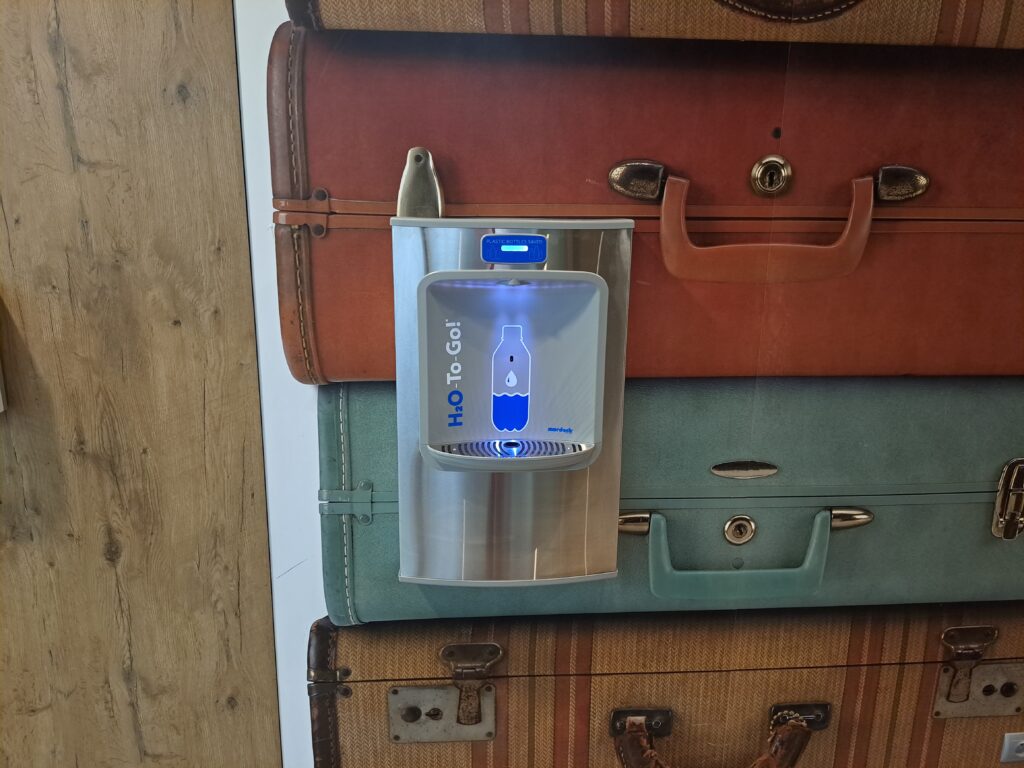
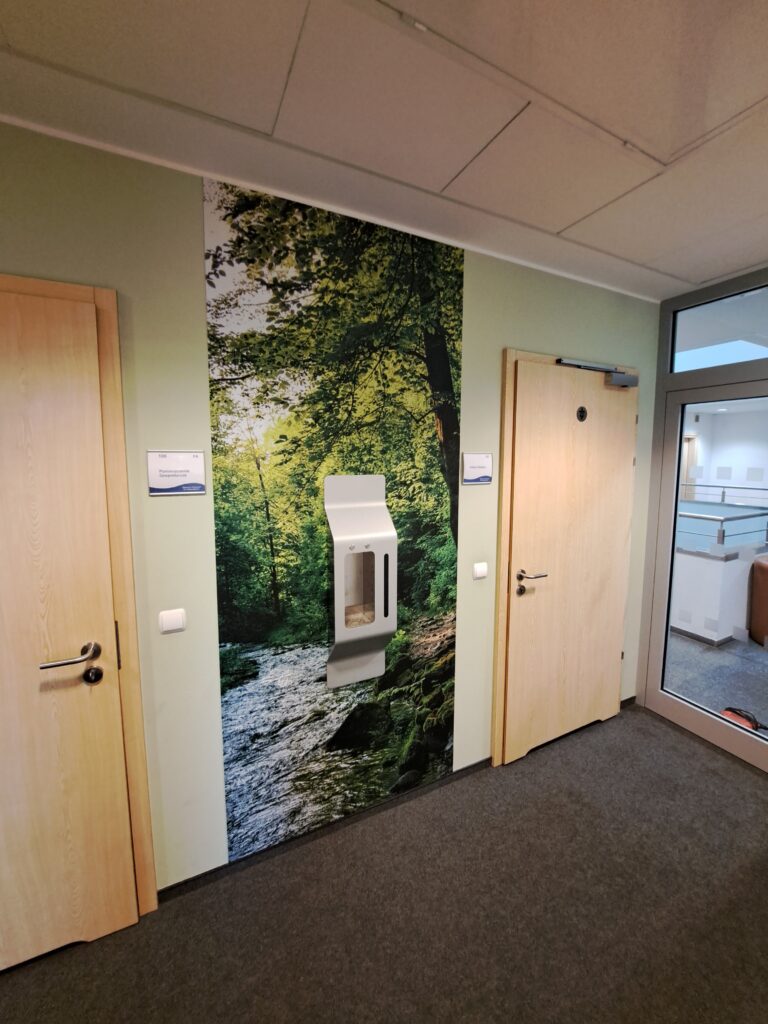
Benefits of water dispensers:
- Financial savings
Mains water is much cheaper than bottled water. The cost of a litre of water from a dispenser is a fraction of the price we pay for bottled water. We also reduce our waste disposal costs, which in the long run results in lower waste disposal fees. - Ecology
The installation of dispensers eliminates the generation of plastic waste, which is one of the biggest environmental risks. This reduces the CO₂ emissions associated with the production, transport and recycling of bottles. - Convenience
We do not have to store empty containers or take the time to return them. The dispenser provides constant access to high quality water without the need for constant refilling. - Versatility
Modern dispensers offer chilled water, carbonated water or water at different temperatures, so that one device meets the different needs of users.
Choosing the future: sustainable and comfortable
Although a deposit system can be an effective solution for environmental protection, drinking water dispensers are a more future-proof alternative. They address the needs of households as well as workplaces, schools or public institutions. Combined with education on the use of reusable bidons, dispensers can make a significant contribution to reducing waste and recycling costs.
Instead of relying on a system that requires complicated logistics and additional consumer involvement, it is worth opting for a solution that combines economy, ecology and convenience in one. Drinking water dispensers are a step towards a sustainable future.




